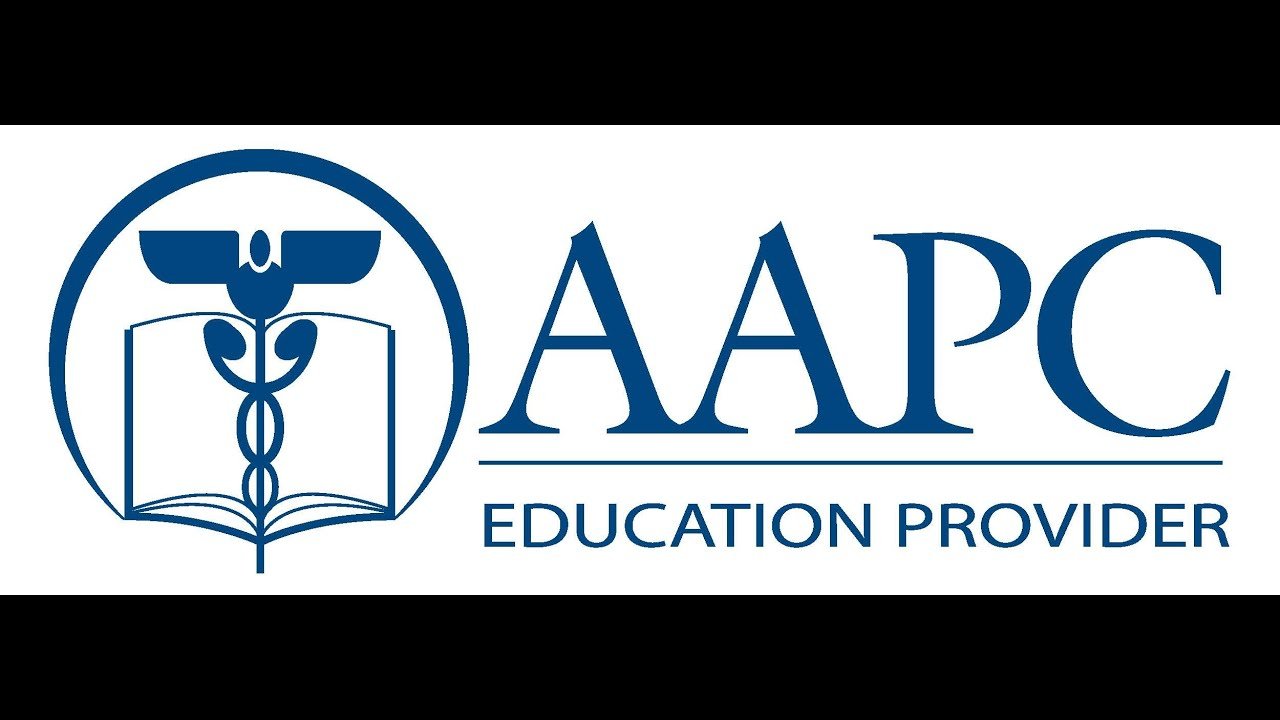Top AAPC Certifications You Need to Boost Your Medical Coding Career
AAPC certifications play a crucial role in advancing your career as a medical coder. These credentials not only validate your coding skills but also enhance your job prospects, leading to better opportunities and higher salaries. This article provides an in-depth look at the top AAPC certifications, such as the Certified Professional Coder (CPC), Certified Outpatient Coder (COC), Certified Inpatient Coder (CIC), and Certified Professional Biller (CPB). Understanding their significance can help you choose the best certification for your career.

Overview of AAPC Certifications in 2025
AAPC remains a leading authority in medical coding, offering certifications tailored to different aspects of healthcare billing and coding. With a strong emphasis on outpatient coding, AAPC ensures coders are proficient in handling medical documentation for physician’s offices, outpatient clinics, and other healthcare settings. The main certifications, including medical billing and coding certification offered by AMBCI, ensure comprehensive knowledge and expertise across the healthcare billing spectrum.
Certified Professional Coder (CPC): Focuses on physician-based coding.
Certified Outpatient Coder (COC): Specializes in hospital outpatient coding.
Certified Inpatient Coder (CIC): Concentrates on hospital inpatient coding.
Certified Professional Biller (CPB): Covers medical billing and the reimbursement cycle.
Apart from these core certifications, AAPC offers specialty certifications in various medical fields like cardiology, anesthesia, and orthopedics. Becoming AAPC-certified not only enhances your expertise but also connects you with a professional network, job resources, and career counseling, helping you navigate your career path effectively.

Importance of Medical Coding Certification
Medical coding certification is more than just a qualification; it validates your expertise and commitment to maintaining industry standards. Certified medical coders ensure accurate billing and compliance with healthcare regulations, directly impacting the financial health of medical facilities. This accuracy reduces claim denials and enhances reimbursement rates, making certified coders invaluable to healthcare organizations.
Employers prefer hiring certified coders as they bring a higher level of proficiency, regulatory knowledge, and professional ethics to the job. Certification also opens the door to specialized roles such as medical auditing, healthcare compliance, and even managerial positions.
Key Benefits of AAPC Certification
One of the primary advantages of earning an AAPC certification is the potential for higher earnings. Certified medical coders typically earn 30% more than non-certified coders. According to 2025 salary data, those with specialty credentials earn an average of $68,000 annually, significantly higher than their uncertified counterparts.
Additionally, AAPC-certified coders have access to exclusive career advancement resources, such as:
Nationwide job databases
Salary negotiation advice
Networking opportunities through local AAPC chapters
Continuing education programs to keep skills updated with industry changes
Certified coders also play a key role in reducing billing errors, improving claim accuracy, and ensuring compliance with healthcare regulations, making them indispensable in the industry.
Top AAPC Certifications & Their Career Prospects
1. Certified Professional Coder (CPC)
The CPC certification is one of the most sought-after credentials for medical coders working in physician-based outpatient settings. It focuses on CPT, HCPCS, and ICD-10-CM coding systems.
To earn a CPC certification, candidates must pass a 4-hour, 100-question exam that tests their knowledge of medical procedures, insurance billing, and regulatory compliance.
Career Opportunities with CPC Certification
With a CPC certification, coders can work in outpatient clinics, emergency departments, and physician’s offices. Common job roles include:
Medical Coding Specialist
Coding Supervisor
Compliance Officer
Medical Auditor
2. Certified Outpatient Coder (COC)
The COC certification is designed for coders working in outpatient hospital settings and ambulatory surgery centers. This credential emphasizes ambulatory payment classifications and outpatient-specific regulations.
Career Opportunities for COC Holders
COC holders can find employment in outpatient hospitals, surgery centers, and diagnostic facilities. These professionals are crucial in ensuring accurate documentation and claim processing for outpatient services.
3. Certified Inpatient Coder (CIC)
The CIC certification focuses on inpatient hospital coding, covering ICD-10-CM, CPT, and HCPCS Level II coding. It requires an understanding of complex medical documentation, including diagnostic reports and surgical procedures.
Career Paths for CIC-Certified Coders
CIC-certified coders can work in acute care hospitals, rehabilitation centers, and skilled nursing facilities. Roles include:
Inpatient Coder
Medical Coding Auditor
Compliance Specialist
4. Certified Professional Biller (CPB)
The CPB certification is ideal for those specializing in medical billing and healthcare reimbursement. It covers topics such as insurance policies, coding regulations, and claim processing.
Job Prospects for CPB Holders
Certified Professional Billers can work in hospitals, private practices, and insurance companies in roles such as:
Medical Billing Specialist
Revenue Cycle Manager
Claims Analyst

Lesser-Known Facts About AAPC Certifications
Free Continuing Education Units (CEUs) for AAPC Members: AAPC members can earn free CEUs by attending local chapter meetings and quarterly webinars, as well as completing certain CMS courses.
aapc.comHybrid CPC Exam Option: AAPC offers both online and in-person options for the Certified Professional Coder (CPC) exam to accommodate various testing preferences.
aapc.comHigh Earnings with Multiple AAPC Certifications: Specializing through multiple AAPC certifications can significantly increase earning potential, with some coders earning up to $95,000 annually.
aapc.comEmployer Preference for AAPC-Certified Coders: Employers often prefer AAPC-certified coders, especially in outpatient settings, due to AAPC's focus on physician-based coding.
blog.healthyclaimsmm.comMentorship Programs for New Coders: AAPC provides mentorship programs that allow new coders to gain hands-on experience before securing full-time positions.
aapc.comDemand for Compliance Certifications in 2025: With increasing healthcare regulations, coders holding compliance certifications like the Certified Professional Compliance Officer (CPCO) are in high demand.
realtime-medical.com
FAQs on AAPC Certifications
-
Certification proves your expertise, improves job prospects, and ensures compliance with healthcare regulations, making you a valuable asset to employers.
-
AAPC certification leads to higher salaries, better job security, and fewer billing errors, enhancing your professional credibility and career growth.
-
To obtain CPC certification, you must pass a 4-hour, 100-question multiple-choice exam with a minimum score of 70%. AAPC now allows online and in-person testing options.
